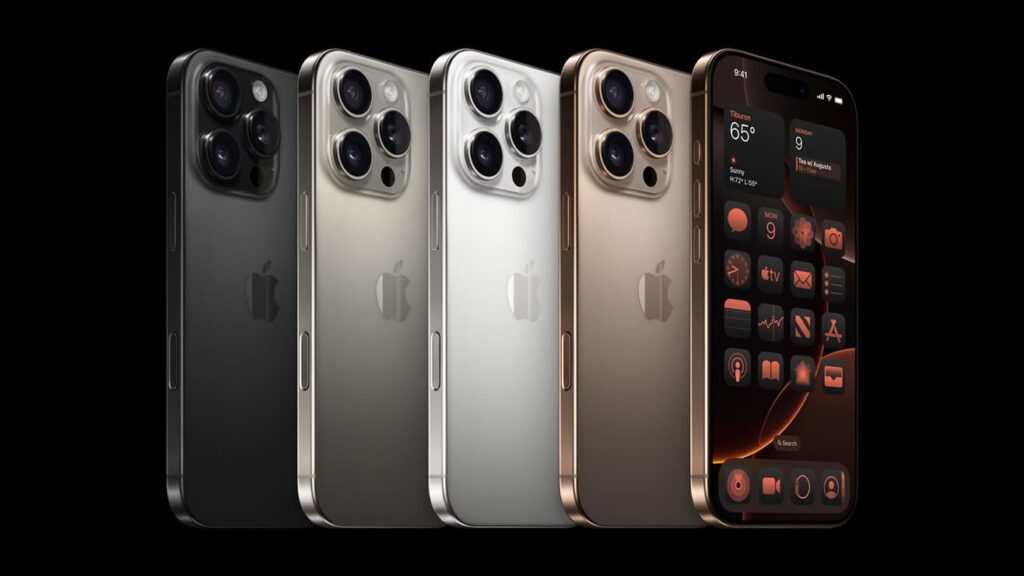Faible demande pour l’iPhone 16 Pro

Apple’s iPhone 16 Pro facing lower-than-expected demand
According to a report by analyst Ming-Chi Kuo, Apple’s iPhone 16 Pro model is experiencing weaker demand than anticipated after its release. This information is based on a supply chain survey and pre-order data, revealing a noticeable decrease in first-weekend pre-orders for the iPhone 16 Pro, which is raising concerns about Apple’s premium smartphone sales strategy.
Challenges for the iPhone 16 Pro
Kuo’s report indicates that around 37 million units of the iPhone 16 series were pre-ordered during the first weekend, showing a 12.7% year-over-year decline compared to the previous iPhone 15 series. The iPhone 16 Pro, in particular, is struggling to meet both Apple’s and analysts’ expectations, with delivery times getting shorter and sales falling behind previous models.
Reasons behind the lower demand
The lower demand for the iPhone 16 Pro may be due to customers’ lack of enthusiasm for the new features of this iteration, notably the absence of Apple’s latest AI-driven feature, Apple Intelligence, at launch. This delay, combined with intense competition in international markets like China, could be contributing to the slow start of the iPhone 16 Pro.
One indicator of the lower demand is the significantly shorter delivery times for the iPhone 16 Pro compared to its predecessor, the iPhone 15 Pro. While longer delivery times often reflect higher demand, Kuo’s analysis suggests that pre-production shipments for the iPhone 16 Pro were higher than usual, resulting in reduced customer interest and shorter wait times.
Competition in the smartphone market
The competitive landscape in China’s smartphone market is another factor impacting the sales of the iPhone 16 Pro. Chinese manufacturers are offering feature-rich smartphones at lower prices, posing a challenge to Apple’s dominance and potentially explaining the difficulties faced by the iPhone 16 Pro in gaining traction in this crucial market.
Future outlook
Despite the lower demand for the Pro model, the standard versions of the iPhone 16 and iPhone 16 Plus performed better in terms of year-over-year pre-order sales. However, their contribution to overall iPhone shipments remains limited compared to the high-end Pro series, which typically drives the most revenue for Apple.
Kuo remains cautious about predicting Apple’s future production strategies, considering upcoming events like the launch of Apple Intelligence, holiday season promotions, and China’s Double 11 shopping festival, all potentially boosting sales. If current strategies fail to improve the iPhone 16 Pro’s sales performance, Apple might consider more aggressive pricing and product strategies in 2025 to reverse the trend of slower sales.
At present, the demand for the iPhone 16 Pro remains below expectations, creating uncertainty about Apple’s short-term sales prospects.
Source : www.androidheadlines.com



